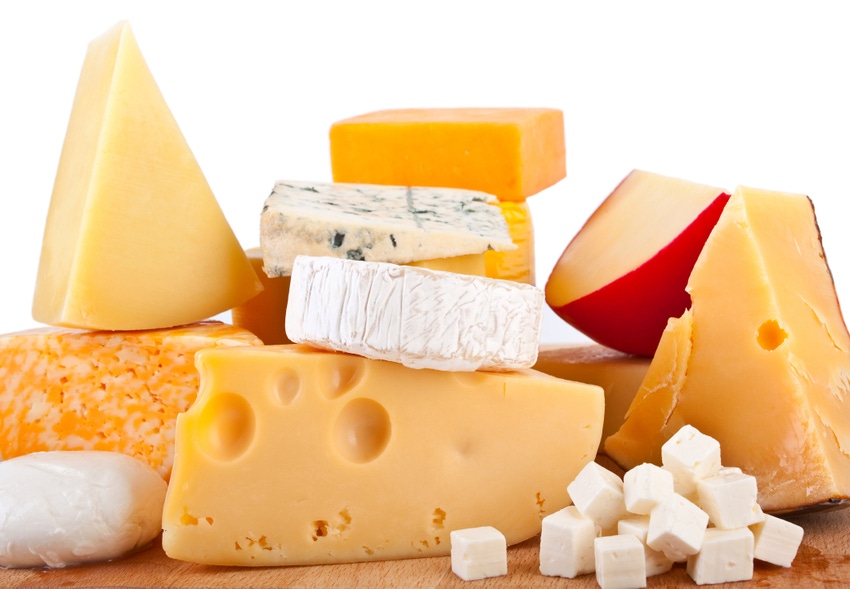Recently finalized trade deal enacts new restrictions on use of cheese names such as parmesan, muenster and feta.
April 25, 2018

Mexico appears poised to enact new restrictions on the use of common cheese names such as "parmesan," "muenster" and "feta" for products sold in Mexico -- a development that runs counter to existing trade agreements with the U.S., according to preliminary reports on the European Union-Mexico free trade agreement.
Full details of the agreement have not yet been released, but early information indicates that Mexico will force cheese marketers from Mexico and the U.S. to phase out the use of some generic names, yielding to the EU's desire to monopolize those cheese markets.
"We are deeply disappointed that Mexico has limited U.S. access by restricting the use of common food names that have been used in the Mexican market for years. This undermines the rule of law and the value of the market access terms the U.S. has long had in place with Mexico," said Tom Vilsack, president and chief executive officer of the U.S. Dairy Export Council. "While we are pleased that Mexico did not go so far as to grant full market access to the EU for dairy products, Mexico is essentially backtracking on its mantra of 'doing no harm' in the NAFTA (North American Free Trade Agreement) context. We hope as the details are hammered out that Mexico carefully weighs the impact of its remaining decisions pertaining to geographical indications (GIs) and common names."
It appears that while Mexico preserved the rights of some common food names, many key terms were excluded. Generic terms such as parmesan, feta, muenster, gorgonzola, asiago, fontina and neufchatel appear to be slated for future restrictions despite the long-standing generic use of -- and consumer familiarity with -- many of these names in Mexico.
Preliminary information on the agreement signals that the U.S. government needs to do even more to ensure that "a bad situation doesn't become even worse as the final details of the agreement are ironed out," said Jim Mulhern, president and CEO of the National Milk Producers Federation.
"It is deeply frustrating for U.S. farmers and food manufacturers that the U.S. government has not been able to persuade our closest allies -- those in the NAFTA region -- to simply honor their existing trade commitments to us," Mulhern said. "This means that our exporters now face fewer opportunities for their products, and trading partners are emboldened to see how much further they can push the boundaries of creating non-tariff trade barriers."
The EU obtained exclusive rights for 340 GIs in the trade agreement with Mexico.
Jaime Castaneda, executive director of the Consortium for Common Food Names, said the group "is committed to using all legal avenues to continue its work to combat the market-restricting impacts of the EU's efforts. We are hopeful that the Mexican Congress recognizes that this rogue approach to GI policy is bad for consumers and ultimately benefits a handful of European producers at the expense of Mexico's own industry."
Mulhern added, "There have been no new U.S. agreements initiated that allow us to be the ones shaping the rules of trade. This latest blow is a very hard one for our industry. It makes it absolutely essential that the U.S. Administration deliver on our industry's NAFTA priorities by providing new dairy market access and eliminating trade-distorting dairy pricing classes such as Canada's Class 7."
You May Also Like


.png?width=300&auto=webp&quality=80&disable=upscale)
